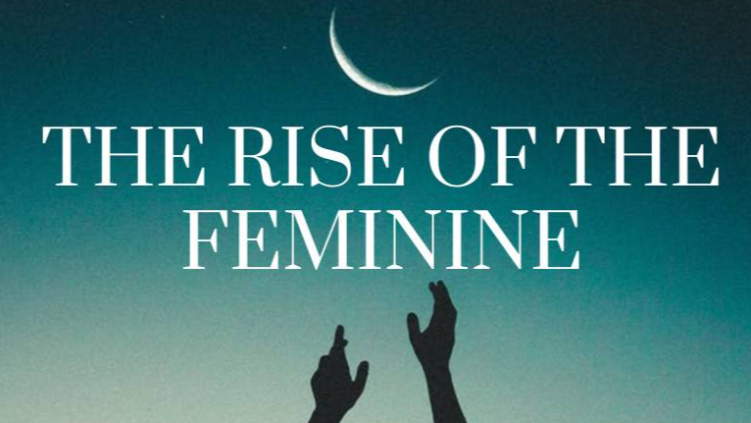
The Rise of the Feminine (Edition 2) by Dennis Roberts
Helping Executive Women Reduce Stress, Prevent Fatigue & Avoid Burnout
We don’t often question how intelligence is measured—but maybe we should.
Think about it: Reading, writing, counting, and measuring are all rooted in structure, logic, order, and linear thinking. These are hallmarks of masculine energy.
Meanwhile, the feminine thrives in fluidity, intuition, storytelling, relational knowledge, and embodied wisdom. It’s the way people have passed down traditions, insights, and cultural teachings for centuries—long before written language even existed.
But in today’s world, literacy and numeracy are the gold standard of intelligence. They determine academic success, job opportunities, and even self-worth. If you don’t excel in these areas, you’re often labeled as struggling, behind, or less intelligent.
But is that really true? Or is it just a reflection of the bias in how we measure intelligence?
💡 The Masculine Bias in Education
We’ve built entire education systems around masculine principles:
✅ Standardized tests
✅ Rigid curriculums
✅ Memorization and logic-based assessments
✅ A focus on measurable outcomes over experiential learning
None of these are bad in themselves, but they don’t capture the full spectrum of human intelligence. They favor skills associated with masculine energy—while undervaluing the feminine ways of knowing.
Ever noticed how some of the most successful people weren’t great students?
- Some struggle with reading but have brilliant spatial awareness and can design, build, or innovate without ever putting pen to paper.
- Others can’t sit through a lecture but can negotiate, influence, and build relationships in a way that no textbook could teach.
- Some fail at math but intuitively understand human behavior, making them phenomenal leaders.
None of this is rewarded in traditional education. And yet, these abilities are just as valuable—sometimes even more so—than literacy and numeracy.
🔄 Time to Expand the Definition of Intelligence
Maybe the real issue isn’t how do we get more people reading?—but how do we redefine intelligence?
Because intelligence is so much more than being able to read quickly or solve equations.
✅ You can be brilliant without being a strong reader.
✅ You can be wise without crunching numbers.
✅ You can lead, innovate, and create without fitting into the masculine framework of intelligence.
It’s time we stop making people feel like they’re less than just because their intelligence doesn’t show up in ways that are easy to measure.
🚀 So, What Now?
Imagine a world where:
✅ Emotional intelligence, intuition, and storytelling were valued as much as reading comprehension.
✅ Leadership, creativity, and relational skills were seen as just as critical as numeracy.
✅ We didn’t force everyone into the same box—but instead expanded the definition of success.
This isn’t about saying literacy and numeracy don’t matter—they do. But they’re not the full picture.
So let’s start questioning how we measure intelligence. Because when we do, we’ll stop labeling people as “behind” or “struggling”—and start recognizing the full range of human potential.
💬 What do you think? Have you ever felt like intelligence was measured too narrowly? Let’s discuss. 👇
